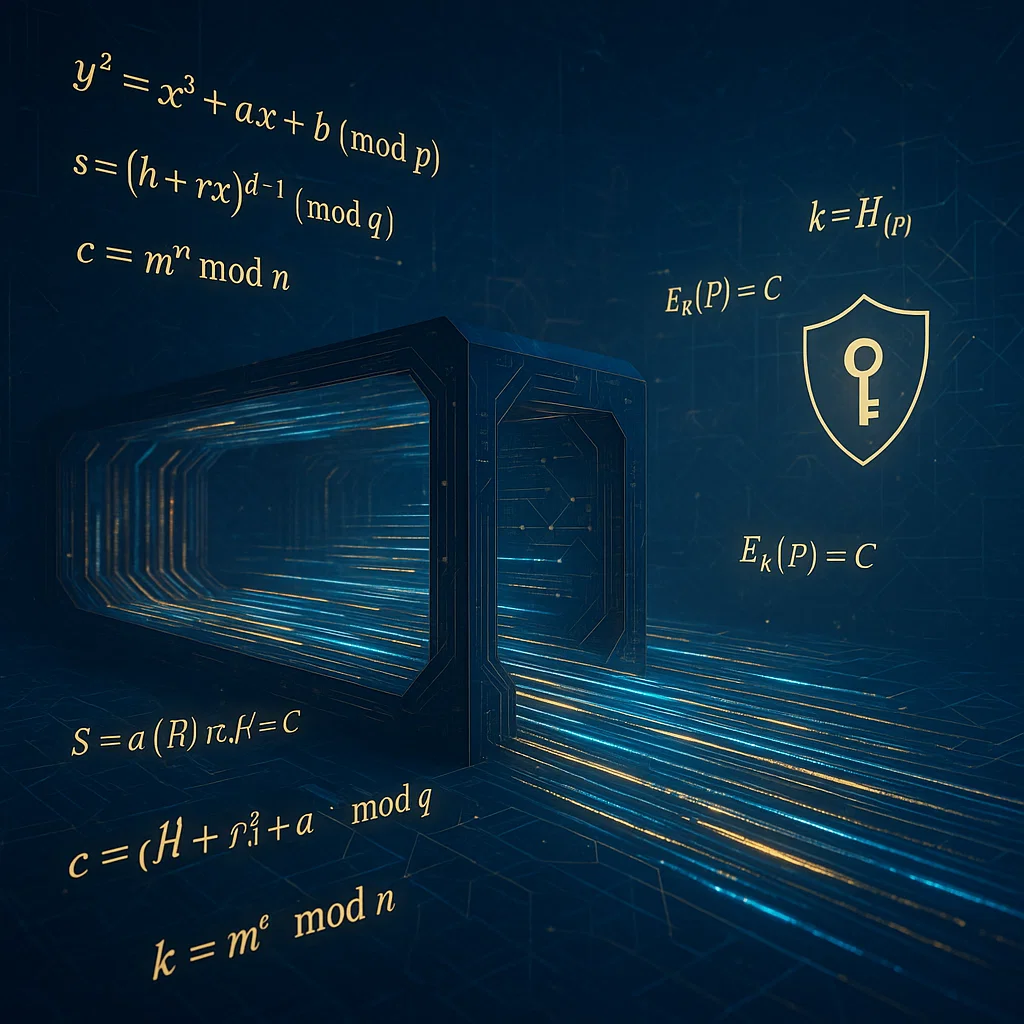Critical Role of Encryption in Xtreme HD IPTV UK and Digital Communication
High-definition streaming services have become increasingly sophisticated in their approach to content security and user privacy protection. Xtreme HD IPTV UK represents the evolution of premium streaming platforms that prioritize both quality delivery and robust security measures.
Multiple layers of encryption are used by these advanced systems with the goal to protect user data, prevent unauthorized access, and ensure content integrity during transmission. The platform utilizes industry-standard encryption protocols that scramble data packets before transmission, making intercepted information virtually impossible to decode without proper authentication keys. Modern streaming services recognize that user trust depends heavily on their ability to protect sensitive information, including viewing habits, payment details, and personal preferences from potential cyber threats.
Fundamental Principles of Digital Encryption
Encryption serves as the cornerstone of modern digital security, transforming readable information into complex coded messages that remain unintelligible to unauthorized parties.
The process involves sophisticated mathematical algorithms that systematically alter data using cryptographic keys, creating ciphertext that appears random to anyone without the corresponding decryption key. Through this, it guarantees that the user’s sensitive data is protected whether from storage, or even through transmission.
Symmetric encryption on the other hand is using identical keys for decoding and encoding. The process is extremely efficient for data processing on a larger scale. The shared key approach enables rapid encryption and decryption operations, which is particularly important for real-time applications such as video streaming and online communications.
Asymmetric Encryption and Public Key Infrastructure
Public key cryptography revolutionized digital security by introducing a dual-key system that eliminates the need for shared secret keys between communicating parties.
This approach uses mathematically related key pairs where information encrypted with one key can only be decrypted using its corresponding counterpart. Public key is then distributed freely while the private key is kept by the owner.
Digital certificates provide a framework for verifying the authenticity of public keys and ensuring secure communications between unknown parties. Certificate authorities serve as trusted third parties that validate the identity of key holders and issue digital certificates that confirm the legitimacy of public keys.
Advanced Encryption Standards in Modern Applications

Contemporary encryption standards have evolved to address increasingly sophisticated cyber threats and growing computational capabilities. The Advanced Encryption Standard represents a significant milestone in cryptographic security, providing robust protection against brute-force attacks and unauthorized access attempts. This standard has been adopted worldwide for protecting sensitive government and commercial data.
End-to-end encryption ensures that information remains protected throughout its entire journey from sender to recipient, preventing intermediary parties from accessing or modifying transmitted data. This approach has become essential for maintaining privacy in digital communications, particularly in messaging applications and secure file transfers.
Quantum-Resistant Encryption Technologies
The emergence of quantum computing poses potential threats to current encryption methods, prompting the development of quantum-resistant cryptographic algorithms. These new approaches utilize mathematical problems that remain computationally difficult even for quantum computers, ensuring long-term security for encrypted data. Research institutions and technology companies are collaborating to establish new encryption standards that can withstand future quantum computing capabilities.
Post-quantum cryptography focuses on developing algorithms based on mathematical problems that are believed to be secure against both classical and quantum computing attacks. These emerging standards will become increasingly important as quantum computing technology continues to advance and potentially threatens current encryption methods.

